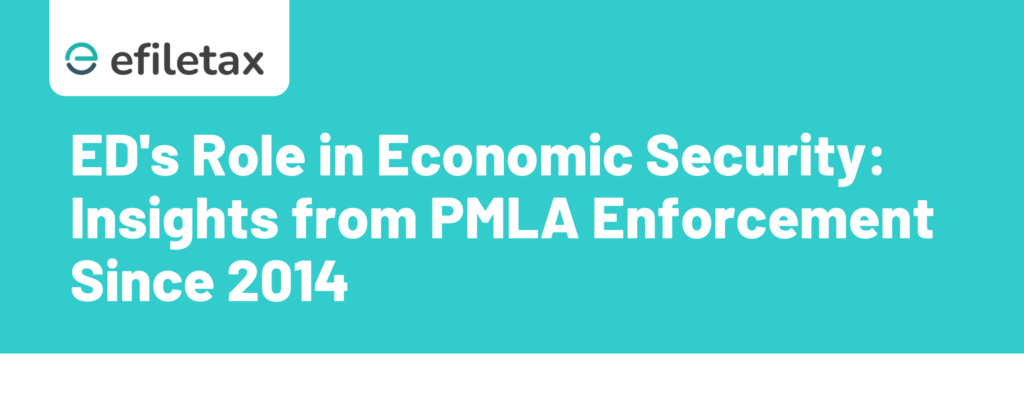
ED’s Expanding Role in India’s Financial Security Framework
In his address at the 69th Foundation Day of the Enforcement Directorate (ED), MoS Finance Pankaj Chaudhary reiterated the ED’s economic security role in safeguarding India’s financial ecosystem. From enforcing the Prevention of Money Laundering Act (PMLA) to disrupting illicit financial flows, the ED has grown into a critical institution under the Finance Ministry’s broader economic policy.
Let’s break down the key highlights, legal context, and policy significance.
ED’s Enforcement Reach Since 2014
- 5,113 PMLA investigations launched since May 2014
- 23 recognitions and awards presented to ED officers
- Cross-border linkages traced in several high-profile cases
- Enhanced synergy with CBDT, GST Intelligence, and Customs
- Role expansion post-Fugitive Economic Offenders Act, 2018
Why ED’s Work Matters for Economic Policy
The ED’s investigations under PMLA target:
- Money laundering networks
- Shell company transactions
- Hawala and trade-based money laundering
- Financial frauds that distort capital markets
- Smuggling, gold seizures, and FEMA violations
📝 Example: In recent years, ED-led crackdowns have prevented potential revenue leakages exceeding ₹20,000 crore in multiple tax-evasion and foreign asset concealment cases.
Legal Framework Supporting ED’s Economic Security Role
| Law / Notification | Purpose |
|---|---|
| PMLA, 2002 | Investigate and attach proceeds of crime |
| Fugitive Economic Offenders Act, 2018 | Confiscate assets of absconders like Nirav Modi |
| FEMA, 1999 | Regulate forex transactions and curb unauthorized dealings |
| CrPC (with PMLA powers) | Enables arrest, search, seizure under financial crime laws |
| CBIC/SEBI coordination orders | Streamline multi-agency action on financial frauds |
Subtle Yet Strategic: The ED’s Role in Revenue Protection
Many still assume the ED’s role is purely reactive. But its economic security role is pre-emptive and strategic.
- Triggers alerts that plug revenue leakages
- Deters tax evasion and black money routes
- Supports transparency goals of GST and I-T frameworks
- Builds investor confidence in Indian markets
- Aids global cooperation via FATF, Interpol, and Egmont Group
Expert View: What Tax Consultants Should Watch
“The ED’s scrutiny of high-value transactions is now pushing businesses to clean up their books, especially in sectors like real estate, crypto, and exports.”
— Senior CA, Delhi
Tip: Maintain proper documentation and ensure alignment between GST, ITR, and bank trails to avoid future ED scrutiny.
Quick Summary Snippet (40–50 words)
The ED has emerged as a financial guardian of India, conducting over 5,100 PMLA probes since 2014. As highlighted by MoS Finance, its role in safeguarding economic security is expanding—backed by strict laws, multi-agency coordination, and global financial transparency frameworks.
FAQs
Q1. What is the ED’s role under PMLA?
To attach, confiscate, and prosecute assets acquired through money laundering.
Q2. Does ED only deal with politicians?
No, ED investigates individuals and companies involved in large-scale financial crimes.
Q3. How is ED linked to economic security?
By preventing black money circulation, it ensures clean capital flows and protects taxpayer revenue.
Q4. Can ED act on GST or I-T matters?
Yes, especially when tax fraud is linked to money laundering or FEMA violations.
Call to Action
Need help ensuring your compliance trail is ED-proof?
Talk to our tax experts today at Efiletax.in – we simplify ITRs, GST, and documentation for full legal safety.